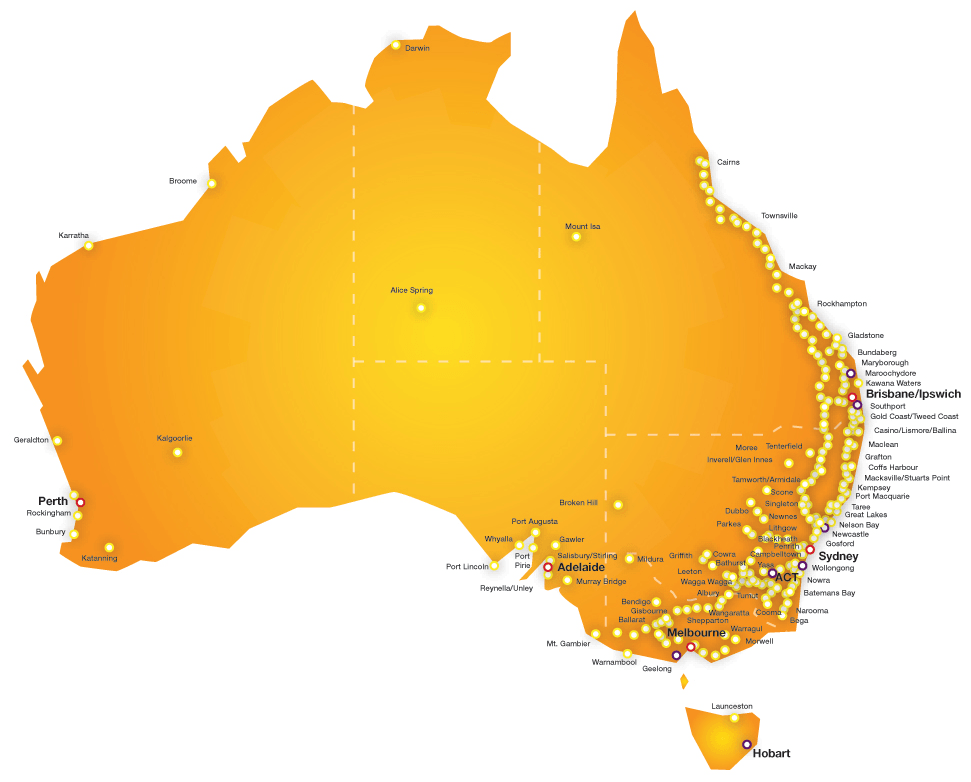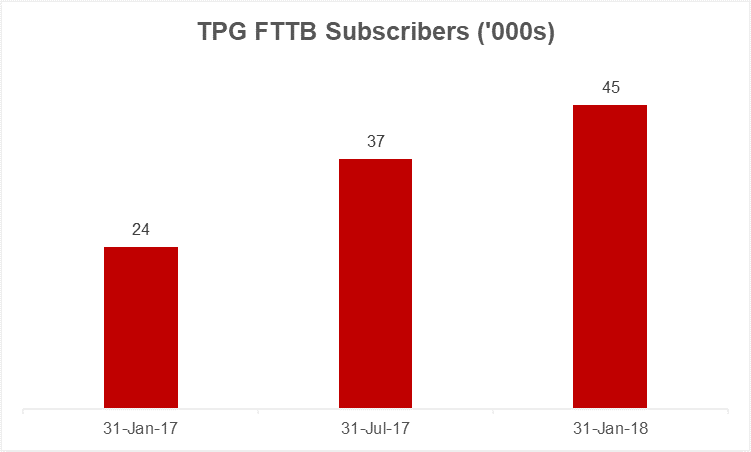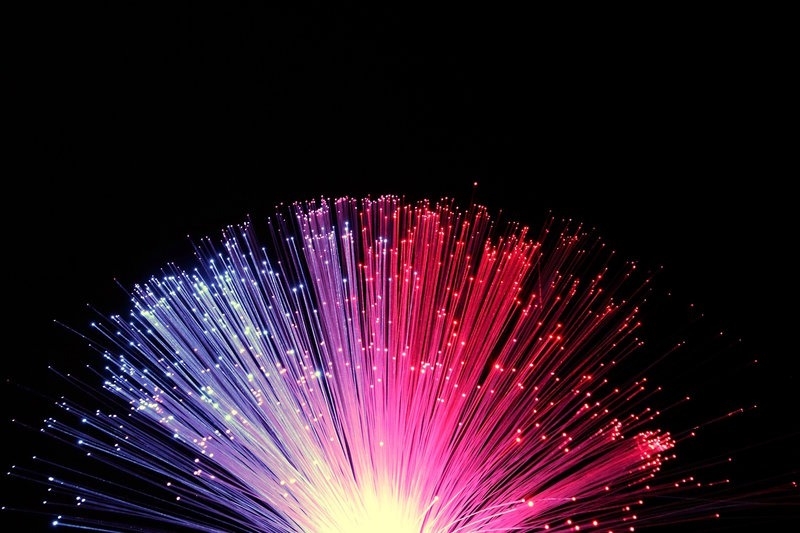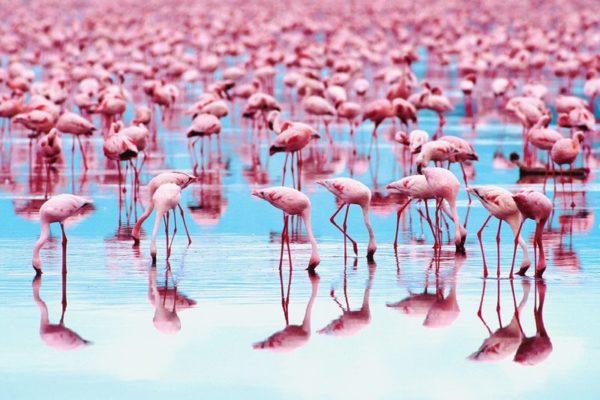DISCLAIMER
THIS IS A LEGAL AGREEMENT. IT GRANTS YOU CERTAIN RIGHTS AND IMPOSES CERTAIN OBLIGATIONS ON YOU IN CONNECTION WITH YOUR USE OF THE KIS CAPITAL PARTNERS PTY LIMITED WEB SITE. YOU SHOULD READ THIS DOCUMENT CAREFULLY AND ONLY ACCEPT ITS TERMS IF YOU UNDERSTAND AND AGREE WITH THEM. IF YOU ACCEPT AND AGREE WITH ALL OF THEM, YOU SHOULD CLICK ON THE "ENTER SITE" BUTTON BELOW. IF YOU DO NOT AGREE TO ALL OF THESE TERMS AND CONDITIONS, DO NOT CLICK ON THE "ENTER SITE" BUTTON BELOW, IN WHICH CASE YOU WILL NOT BE ABLE TO USE THE KIS CAPITAL PARTNERS PTY LIMITED. BY CLICKING "ENTER SITE" KIS CAPITAL WILL CONSIDER THAT YOU ARE SOLICITING INFORMATION FROM US.
WEBSITE.
Introduction:
Welcome to the website of KIS Capital Partners Pty Limited (together with all information and material contained on such website, the "Site"). Please read the following information carefully before using the Site. By clicking the "ENTER SITE" button below you agree that you have read and accepted these terms and conditions (the "Agreement") and the restrictions governing the use of the Site. This Agreement is a binding agreement between you and KIS Capital Partners Pty Limited and governs your access and use of the Site, which includes any information, data, tools, products, services and other material available on or through the Site. If you do not agree to be bound by the Agreement by clicking on the "ENTER SITE" button below, you will not be granted access to the Site and you may not use the Site.
This Site is brought to you by KIS Capital Partners Pty Limited. The principal place of business of KIS Capital Partners Pty Limited is Level 5, 60 Pitt Street, Sydney, NSW, 2000, Australia, which is also the registered address of the firm.
KIS Capital Partners Pty Limited (ABN 87 138 165 901) is authorised and regulated by the Australian Securities & Investments Commission ("ASIC") with the Australian Financial Services Licence No. 339583 (AFSL) as required by the Corporations Act of 2001 to conduct regulated investment activities in Australia.
The material contained in this Site details KIS's activities as an investment manager and the funds which KIS currently provides investment management services to (the "Funds"); the KIS Asia Long Short Fund, which is an unregistered Australian unit trust; and the KIS Asia Long Short Cayman Fund.
Neither of these funds may be promoted to the general public and may only be promoted to certain categories of investors. With respect to Australian users of the site you may only proceed if you are a Sophisticated or a Wholesale Investor as defined by the Corporations Act 2001(Cth). The Site is not to be accessed by retail or otherwise defined persons.
Terms and Conditions of Use
Please read this page before proceeding, as it explains certain restrictions imposed by law on the distribution of this information and the countries in which our products are authorised for sale. It is your responsibility to be aware of and to observe all applicable laws and regulations of any relevant jurisdiction.
The information provided on this website is not, and should not be construed as, principally directed at, or provided for the particular benefit of, residents of the United States of America, Japan or any other jurisdiction.
No offer or advice:
The material set out in the Site is provided for information purposes only and is subject to change without notice. This Site does not allow visitors to make investments in any of the Funds. Nothing on the Site should be construed as a solicitation, offer or invitation, or recommendation, to acquire or dispose of any investment or to engage in any other transaction. Although the Site may include investment-related information, nothing on the Site is a recommendation that you purchase, sell or hold any security or other investment, or that you pursue any investment style or strategy. We do not give any advice or make any representations through the Site as to whether any security or investment is suitable to you or will be profitable. Nothing contained on any part of the Site constitutes investment, legal, tax or other advice nor is it to be relied upon in making an investment or other decision. You should obtain relevant and specific professional advice and check the accuracy of all relevant information before making any investment decision. The information and opinions contained on the Site are provided without any express or implied warranty.
Investment performance information and accuracy of information:
The Site contains material about the past performance of the Funds. The value of an investment in a Fund may go up as well down so that an investor's investment in a Fund, when redeemed, may be more or less than the original investment amount. By its nature, investment in a Fund managed by KIS is only suitable for sophisticated investors who do not require immediate liquidity for their investment, for whom an investment in a Fund does not constitute a complete investment programme and who fully understand and are willing to assume the high risk involved in the investment programme of a Fund. While KIS makes reasonable efforts to obtain information from sources that it believes to be reliable, KIS makes no representation, undertaking or warranty that the information or opinions contained in the Site are accurate, reliable or complete. Dated content available on the Site, including, without limitation, any information, data, tools, products, services and other content available on or through the Site speaks only as of the date indicated. THE PAST PERFORMANCE OF ANY INVESTMENT, INVESTMENT STRATEGY OR INVESTMENT STYLE IS NOT INDICATIVE OF FUTURE PERFORMANCE.
Prohibited Visitors:
Access to this Site and any information on the Site (including without limitation information relating to any Fund) is not directed at any person in any jurisdiction where (by reason of that person's nationality, residence or otherwise) it is prohibited to access the Site or direct such information for any reason. If you are a person in a jurisdiction in which such prohibitions apply you must not access this Site. If you are a person located in any jurisdiction where there are restrictions on the type of person who may access information relating to Unregulated Funds then, by double-clicking on the "I AGREE" button, you will be undertaking, warranting and representing to KIS that you are not causing KIS to breach any of those restrictions by your accessing of those parts of the Site.
All information in the Site is only intended to be reviewed by the following persons: (i) Institutional Investors; (ii) employees, officers or directors of an Institutional Investor reviewing this information in that capacity and not in a personal capacity; or (iii) persons whom KIS has identified is a permitted person and is in receipt of a password for access from KIS. As a matter of general policy KIS will not conduct regulated investment activities with any person as a result of their receiving information from the Site without obtaining further information to verify that that person is an Institutional Investor.
Warranties and Limitations of Liability:
THE SITE IS PROVIDED "AS IS" AND YOUR ACCESS AND USE OF IT IS AT YOUR OWN RISK. To the extent permitted by law and unless otherwise specifically set out in this Agreement, we make no warranties, representations or undertakings in respect thereof and all warranties representations, undertakings, or other terms or any kind, whether express or implied by statute, custom or usage (including without limitation, warranties as to satisfactory quality, fitness for purpose or skill and care) relating to the Site and the information contained in or omitted from the Site are excluded. Specifically, but without limitation, we do not warrant that:
(a) you will be able to use the Site, or that it will continue to be made available in its current or any other form at the current domain name or at any other domain name; and
(b) the Site or any software, information or material of whatsoever nature available on or downloaded from the Site will be free from errors, faults, viruses, other computer or-data corrupting or data-damaging material or defects, compatible with your equipment or fit for any purpose. It is your responsibility to use suitable anti-virus software on any software or other information or material that you may download from the Site and to ensure the compatibility of such software or material with your equipment.
We cannot guarantee that any information displayed on the Site has not been changed or modified through malicious attacks or "hacking". Whilst KIS have taken reasonable care to ensure the information contained in this Site is accurate, neither KIS (nor any of its affiliates, agents or licensors) give any guarantee or make any representation, undertaking or warranty as to the accurateness, reliability or completeness of any material, document or information, news or opinions contained on or provided in connection with the Site. KIS is not responsible for any errors or ommissions or for the results obtained from the use of such information or for any technical problems you may experience with the Site. You are responsible for the security of any data which you transfer to or from the Site.
To the fullest extent permitted by law, KIS (and its affiliates, agents or licensors) excludes all liability whether in contract, tort, negligence, misrepresentation or otherwise for any direct or indirect loss or damage caused, directly or indirectly, by your use of the Site or the information contained on the Site or provided to you pursuant to your use of the Site.
In no circumstance shall KIS (or any of its affiliates, agents or licensors) be liable for any direct, indirect, incidental, special or consequential loss or damages (including, without limitation loss of profit, business opportunity, loss of goodwill, anticipated savings or data) arising from: (i) your inability to use the Site at any time or any error in the provision of the Site; (ii) unauthorised access to or alteration of the Site or any information or data transmitted in relation to the Site; (iii) any error, fault, computer virus or other computer or data-corrupting or data-damaging material transmitted through the Site; (iv) third party services outside KIS's reasonable control (including, but not limited to, telephone and browser services and your use of email communications to contact or instruct us, and any delay in our receipt or confirmation of such a communication, any interception of or changes to such a communication and any reasonable delay in acting on such a communication), whether such services are used by you to access the Site or otherwise; (v) your use of and/or reliance on other web sites to which you have gained access by means of hyperlinks published on the Site; or (vi) any inaccurate information, material or opinions published on the Site (or accessed via the Site) or your reliance thereon. For the avoidance of doubt this provision shall apply whether or not the relevant loss or damage arises by reason of KIS's negligence or in contract, tort, misrepresentation or otherwise.
KIS' LIABILITY IS LIMITED EVEN IF IT HAS BEEN ADVISED OF THE POSSIBILITY OF THE DAMAGES THAT YOU SUFFER OR IF ANY REMEDY YOU HAVE FAILS OF ITS ESSENTIAL PURPOSE. THIS DISCLAIMER OF LIABILITY APPLIES TO ANY AND ALL DAMAGES OR INJURY, INCLUDING THOSE CAUSED BY ANY FAILURE OF PERFORMANCE, ERROR, OMISSION, INTERRUPTION, DELETION, DEFECT, DELAY IN OPERATION OR TRANSMISSION, COMPUTER VIRUS, COMMUNICATION LINE FAILURE, THEFT, DESTRUCTION OR UNAUTHORIZED ACCESS TO, ALTERATION OF OR USE OF ANY ASSET, WHETHER FOR BREACH OF CONTRACT, TORTIOUS BEHAVIOR, NEGLIGENCE OR UNDER ANY OTHER CAUSE OF ACTION.
Notwithstanding any other term of this Agreement, nothing in this Agreement is intended to or does exclude or restrict KIS's liability to you for the tort of deceit, or for personal injury or death caused by KIS's negligence or for any other liability which cannot be excluded or limited by law.
Nothing in this Agreement will affect any duty, obligation or liability owed by KIS under the regulatory system (as defined in the Australian Corporations Act 2001) which cannot be excluded or modified by agreement or notice.
You shall be liable to KIS for any loss, liability or cost KIS (or any of its affiliates) suffers as a result of your use of the Site or any breach of this Agreement, and in particular any warranties, representations or undertakings made, by you. You agree to indemnify, defend and hold harmless KIS and its affiliates, agents, employees and third party sources from and against any and all suits, losses, claims, demands, liabilities, damages, costs and expenses (including reasonable attorneys' fees) that arise from or relate to: (a) your use of the Site; (b) your breach of this Agreement or any representation, warranty or covenant made by you in this Agreement; (c) your violation of any applicable law, statute, ordinance, regulation or of any third party's rights, or (d) claims asserted by third parties which, if proven, would place you in breach of representations, warranties, covenants or other provisions contained in this Agreement.
User Conduct:
You agree not to use the Site in any way that will violate or infringe any laws or regulations of any jurisdiction or the rights of any person.
You make certain representations and warranties regarding your use of the Site. You represent and warrant that: (a) you have full authority and all rights necessary to enter into and fully perform all of your obligations pursuant to this Agreement; and (b) you have not and you will not enter into any agreement or perform any act which might contravene the purposes and/or effects of this Agreement; and you will not delete any of the content available on the Site, including, without limitation, any information, data, tools, products, services and other content available on or through the Site.
With respect to the private portion of the Site, You must keep your password confidential. You are solely responsible for maintaining the confidentiality and security of your password. You may not disclose your password to any third party. You accept full responsibility for any use of your password. You must notify KIS immediately of any actual or suspected loss, theft or unauthorized use of your password. We are not obligated to inquire as to the authority or propriety of any use of or action taken under your password. We will not be responsible for any loss to you that arises from such use or action or from your failure to comply with these provisions.
If you have read, and understand and accept the terms and conditions of the Agreement please click on the "ENTER SITE" button below:






